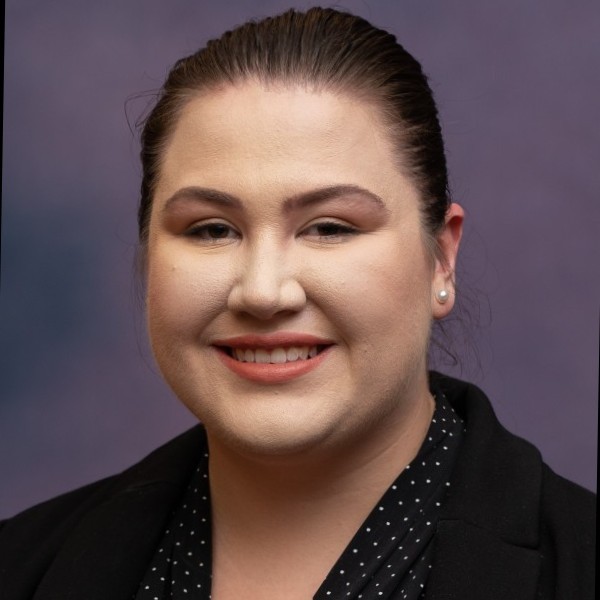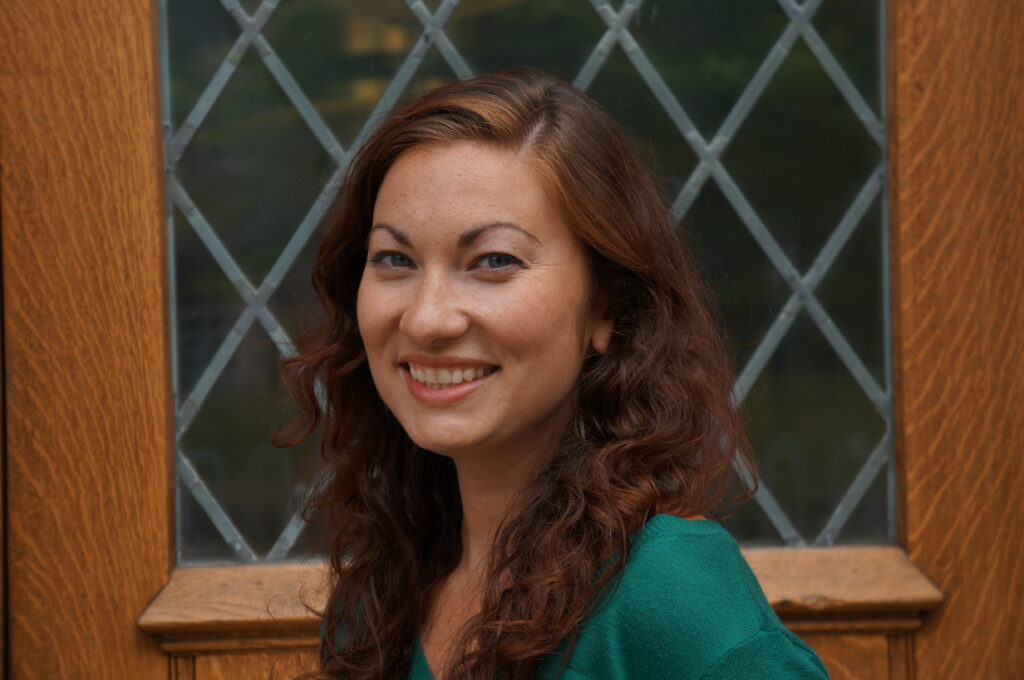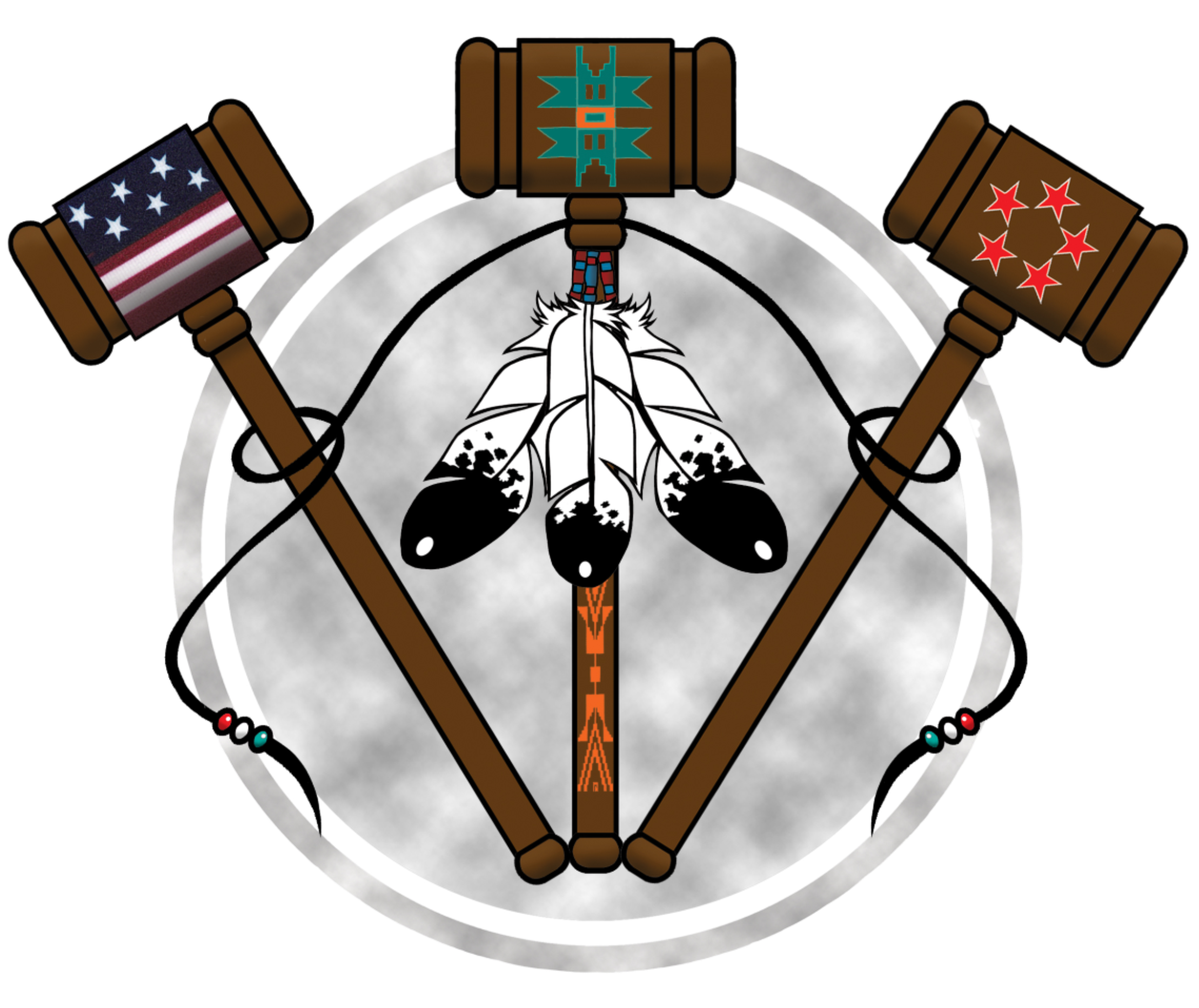The Tribal Law and Policy Institute (TLPI) along with our training and technical assistance partners – the National American Indian Court Judges Association (NAICJA) present two upcoming webinars: Innovating Access to Justice in Tribal Courts: Emergent Supports for Pro Se Litigants and Judges and Empowering Tribal Courts through Self Help Resource Development as part of our Empowering Justice Webinar Series focused on providing resources for Pro-Se Litigants and Tribal Court judges.
Empowering Tribal Courts through Self Help Resource Development
Wednesday, February 19, 2025
9am AK/10am PT/11am MT/12pm CT/1pm ET
A shared goal of tribal justice systems is to provide access to justice for their tribal community and many are working to develop pro se or self-help resources. This webinar will provide a working roadmap for the development of self-help resources in both the civil and criminal arenas. This session will highlight holistic defense and holistic justice, resource mapping, and how to create pro se resources for individuals coming into the civil or criminal systems. The focus of this session is to empower tribal communities via their courts to provide access to justice for the community when there are limited or no local or tribal resources available. Attendees will learn how to resource map for a tribal community through examples. After learning the skill, attendees will have a chance to flex their knowledge by working in small groups to practice resource mapping. To conclude the session, attendees will learn about creating pro se resources such charts for the life of a criminal case and response forms for an Order to Show Cause. All attendees will be given access to these resources after the session for their own Tribe’s use.
Who Should Attend:
FY 2023 Coordinated Tribal Assistance (CTAS) Purpose Area #3 Grantees and legal professionals, Tribal leaders, and anyone interested in learning more about support for pro se litigants and judges in Tribal courts.
Presenters:

Ilse Turner
Staff Attorney
Nevada Legal Services
Ms. Turner is a Staff Attorney with Nevada Legal Services in the Indian Law Project. Ms. Turner is a proud graduate of Suffolk University Law School, J.D. ’22, and West Virginia University, B.A. ’19. She is admitted to practice in the Reno- Sparks Tribal Court, Shoshone- Paiute Tribal Court, and Yerington Paiute Tribal Court. Ms. Turner is also barred in the state of Nevada. In addition to her role as a Staff Attorney, Ms. Turner is also a published academic author. Her writings include “Education Law- Applying the High Standard of Actual Knowledge Under Title IX – M.S. v. Susquehana Twp. Sch. Dist., 969 F.3d 120 (3d Cir. 2020)” and ” Praying for a Healthy Birth, Black Mothers Fighting Racism Even in the Delivery Room” as well as various academic blog posts. Ms. Turner has previously presented on holistic defense at the April 2024 ABA Center on Children and the Law- Access to Justice Conference. In her free time, Ms. Turner can be found in community with her favorite mutual aid organizations around Reno or working on another hobby craft.

Mary Rodriguez
Program Attorney
Native American Indian Court Judges Association (NAICJA)
Mary Rodriguez began her law career training as a public defender at the University of Washington Tribal Court Public Defense Clinic and worked as a tribal public defender for several Washington State tribes. Mary became the Director of Advocacy at the Center of Indigenous Research and Justice, and continued practicing tribal public defense. In her current role, as a Program Attorney at the National American Indian Court Judges Association (NAICJA), Mary works on the policy side of tribal courts and programming related to traditional justice and holistic defense. Mary is a former resident of Seattle, having received both her B.A. and J.D. from the University of Washington. Mary currently works remotely for NAICJA and her home base is Los Angeles, CA.
For assistance with registration or for more information, please email Mytia@TLPI.org.

